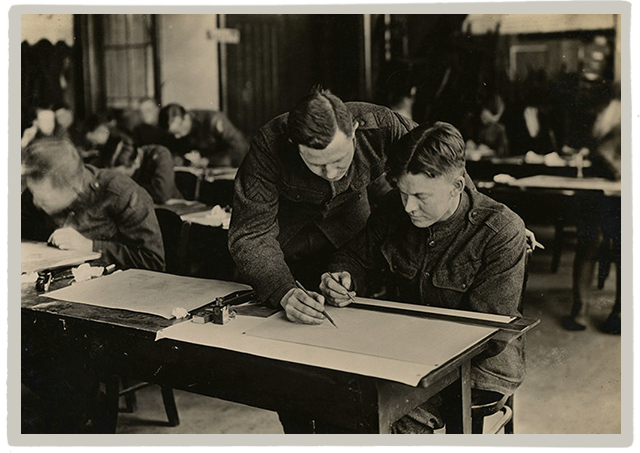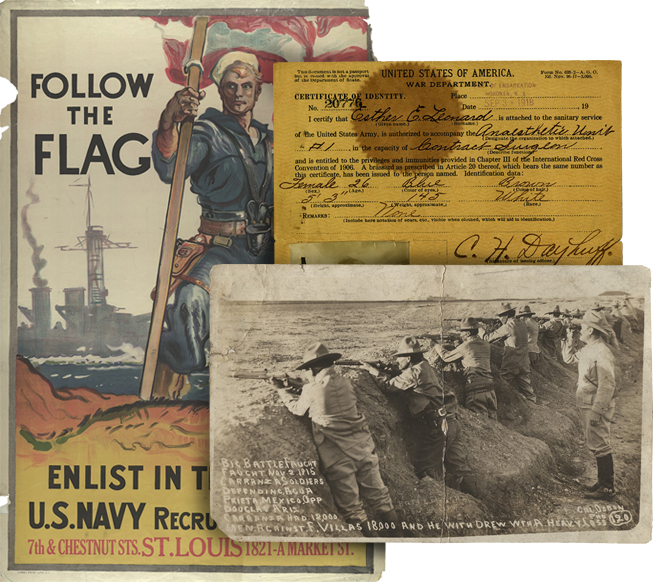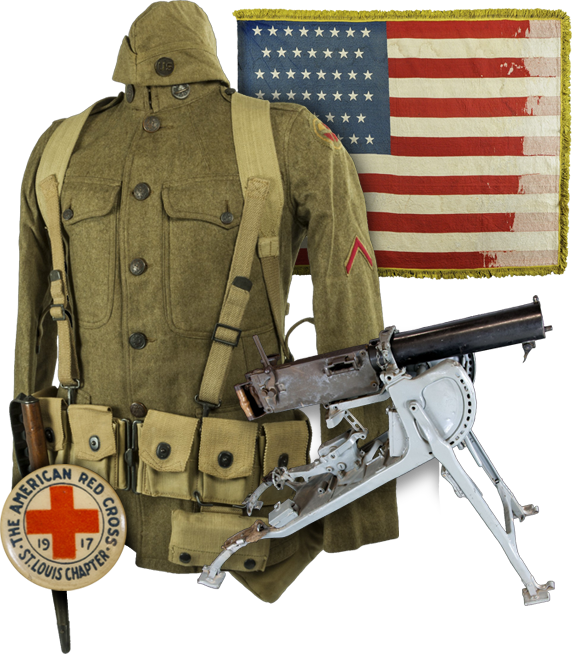Colonel John Millis letter to the Chief od Engineers, U. S. Army - June 29, 1917

Transcript
United States Engineer Department Office of Division Engineer, Southeast Division Postoffice Building, Savannah, [Georgia] June 29, 1917.* From: Colonel John Millis, Corps of Engineers, U.S. Army. To: The Chief of Engineers, U.S. Army, Washington, D.C. Subject: Present War of the Nations. 1. Let us organize and put into effect as early as possible a tremendous and unprecedented drive from seaward direct on Heligoland, Bremen, Hamburg, and neighboring ports, cities, and areas of Germany, and thence on to Berlin and farther if necessary; this undertaking to comprehend and to utilize to the fullest extent all the available forces that it is possible to muster and to bring to bear, including those of the sea, of the land, and of the air. 2. The Central Powers are still far from defeat and possibly farther than we have heretofore realized, but they are encompassed within a pen, though a pen that is still a very large one, and they are now under the physical as well as the more obscure, though none the less real, psychological handicap that attaches to that condition. Whatever disadvantages the Allies are operating under they now have the moral ascendency, not meaning in a strictly ethical sense -- for the Central Powers are not worrying over considerations of that nature -- but in the sense that the Central Powers have more fully shown their hand and are now doing the larger share of the guessing about the intentions of their adversaries, while the Allies hold a number of unknown cards and are less concerned about their enemies

Transcript
[Page 2] and full advantage should now be taken of this situation. 3. The process of nibbling around the edges, of chipping off a fragment here and there and of slowly

Transcript
[Page 3] display their strength and their determination. We are now fairly under way in getting mightily and magnificently

Transcript
[Page 4] can summon to oppose the drive, depleting correspondingly his forces now otherwise occupied, and a large portion of his full military strength will have to be met and defeated;-- but this will have to happen anyway before he is effectively beaten, and better by one supreme effort on a comparatively concentrated field of our own choosing than by a long drawn out hammering and triturating process on a widely diffused zone that our adversary has largely established himself. 5. Another very important consideration is that the adoption of a definite plan and objective on a scale worthy of the whole military resources of our country that have been called into the service of the nation and that are now being organized and prepared for action, -- without concealing such plan from the American public and especially not from those who will be called upon to make the supreme sacrifice if necessary in order to carry it out -- would enlist the entire vast potential of patriotic intelligence and earnest resolve, of self-devotion and of self respect among our people, in a way that can never be effected by adhering to a policy of recommending unbounded faith in the wisdom and infallibility of superior authorities and counselors whose plans (as well as their errors and shortcomings) are unknown, and by insisting on a mere blind obedience to orders with no questions asked. The response to very recent urgent appeals for voluntary service sent out from the sources that should have the strongest possible influence with qualified men have so far been quite markedly disappointing, and the events in Russia above referred to suggest some rather serious reflections on this subject. With the general dissemination of education and the high standards of average intelligence that will be found among the young citizens who are to make up the vast body of the greatest

Transcript
[Page 5] military machine we have ever attempted to organize in this country, added to our long standing policy and attitude towards freedom of thought and expression, it is quite possible that new problems of discipline and of control and leadership will arise in connection with the present efforts to bring to bear the whole power of the nation on one momentous problem; that it will be found advantageous to promote among the rank and file a more intelligent understanding than has heretofore been thought necessary as to what it is all about and how we are going at it, if we are to be assured of the highest degree of loyal and efficient teamwork throughout this immense and complicated organism. 6. In brief, let the grand project which we (we--the Allies) are consistently to pursue be adopted and announced now. Let all incidental and subsidiary considerations be coordinated with but absolutely subordinated to this central master idea. Let us first exterminate the detestable submarine pest by seeking out and destroying its breeding places and sources of sustenance. Let us decide to drive a fierce and overwhelming blow straight at the enemy

Transcript
[Page 6] 7. Nobody should propose or even entertain such suggestions as these without a solemn realization of the unprecedented responsibilites involved, of the exalted moral courage that will be demanded, and of what the course here considered will mean in the way of grievous losses and awful sacrifices. As has already been said much more eloquently and forcibly our entire material resources and the choicest of our manhood are now enlisted. It remains for us simply to rise up as a nation and to expand mentally and spiritually to meet the full height and the full magnitude of the appalling problem which now confronts us (us--the Allies.) 8. It is of course entirely possible that this communication embodies no ideas that have not been suggested or considered by others previously in some form, but it may be of some use if only as a different presentation of plans already considered. That the procedure here outlined would involve enormous difficulties which the present proposer does not fully appreciate is more than probable. But ignorance of difficulties is sometimes a positive advantage in affording a fuller scope to speculations that may be of possible value. I request that this paper be laid before the Secretary of War. John Millis Colonel, Corps of Engineers. JM/WAC
Details
| Title | Colonel John Millis letter to the Chief od Engineers, U. S. Army - June 29, 1917 |
| Creator | Millis, John |
| Source | Millis, John. Letter to Chief of Engineers, U.S. Army. 29 June 1917. Crowder, Enoch H. (1859-1932), Papers, 1884-1942. C1046. The State Historical Society of Missouri, Columbia, MO. |
| Description | In this letter from Colonel John Millis, Corps of Engineers, to the Chief of Engineers of the U.S. Army, Millis discussed the status of the War in Europe and strategies to defeat the enemy. This document is part of a collection compiled by Enoch Herbert Crowder, the Edinburg, Grundy County, Missouri native who served as Judge Advocate General. Crowder devised the Selective Service Act in 1917 which drafted America's forces during World War I. |
| Subject LCSH | Crowder, E. H. (Enoch Herbert), 1859-1932; United States. Army--Recruiting, enlistment, etc.-- World War, 1914-1918; United States. Engineer Department |
| Subject Local | WWI; World War I; Selective Service Act of 1917 |
| Site Accession Number | C1046 |
| Contributing Institution | The State Historical Society of Missouri |
| Copy Request | Transmission or reproduction of items on these pages beyond that allowed by fair use requires the written permission of the State Historical Society of Missouri: 1020 Lowry Street, Columbia, Missouri, 65201-7298. (573) 882-7083. |
| Rights | The text and images contained in this collection are intended for research and educational use only. Duplication of any of these images for commercial use without express written consent is expressly prohibited. |
| Date Original | June 29, 1917 |
| Language | English |



